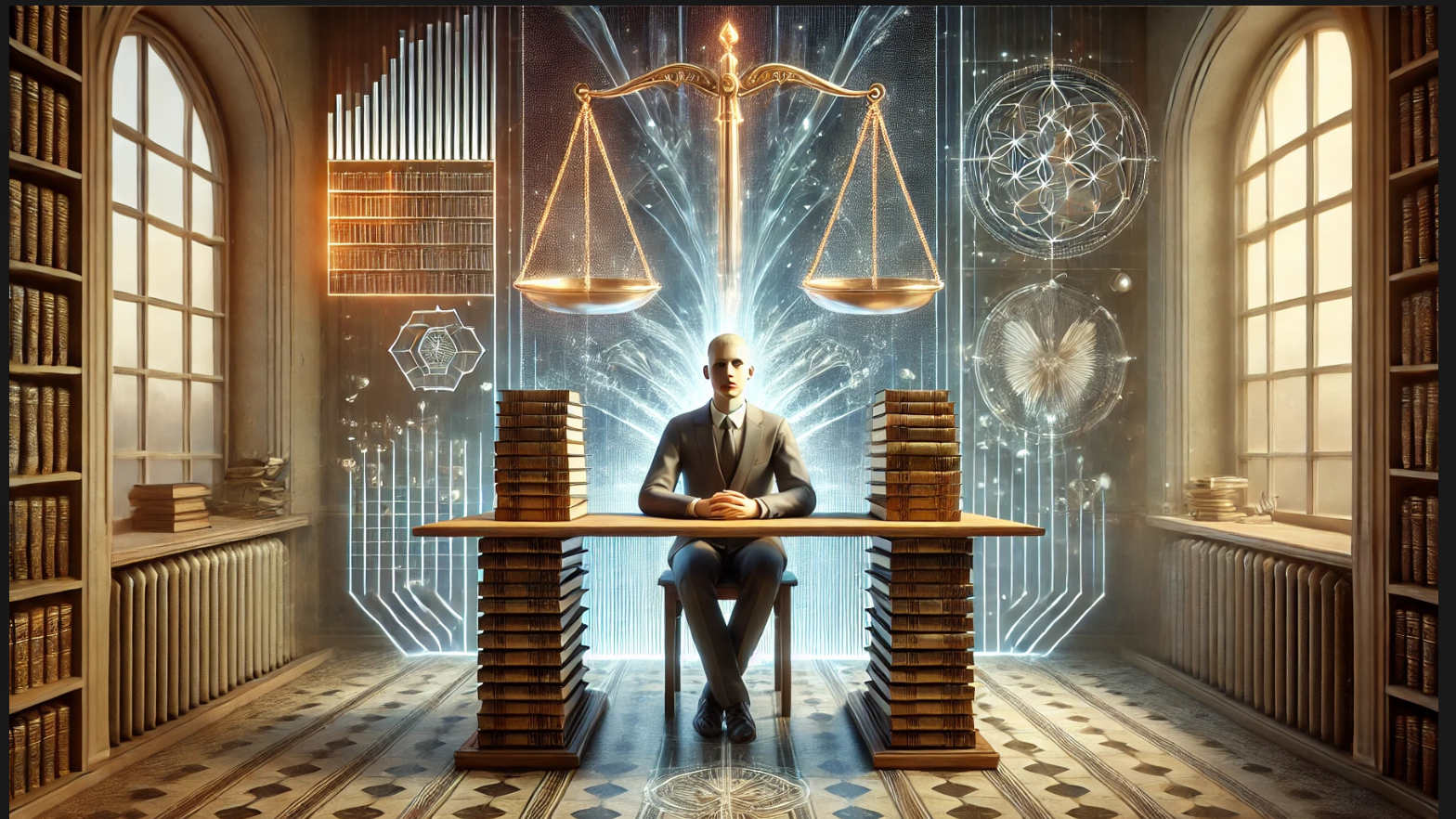Fairness is an essential part of critical thinking because it ensures that ideas and decisions are based on truth rather than bias or personal preference. When people think fairly, they consider all sides of an issue before making a judgment. Without fairness, decisions can be influenced by emotions or unfair advantages, leading to outcomes that may not be just or reasonable.
One way to understand fairness is to imagine a referee in a game. The referee’s job is to enforce the rules equally for all players. If a referee makes calls that favor one team over the other, the game is not fair. The same is true in thinking. If someone only listens to one side of a story or ignores important facts, their thinking is not fair, and their conclusions may be incorrect.
In everyday life, fairness helps people make better choices. If a teacher is grading a test, they should give the same level of attention to every student’s answers. If they grade one student more strictly than another for the same mistake, that would be unfair. In a workplace, a boss should consider all employees’ ideas equally rather than favoring only certain people. Fair thinking leads to trust and respect in any setting.
Fairness is also important when solving problems. If a group is working on a project, they should make sure everyone’s ideas are heard rather than allowing only one person to decide everything. When people feel that their opinions matter, they are more willing to contribute and cooperate. In government and law, fairness means creating rules that apply to everyone equally rather than favoring a specific group.
Good decision-making depends on fairness. When people make choices based on personal feelings instead of facts, they might not realize the harm they cause to others. For example, if a school principal only listens to one student’s side of a disagreement without asking what really happened, they might punish the wrong person. Fair thinking requires gathering information from multiple sources before reaching a conclusion.
One way to develop fairness in thinking is to ask questions and consider different perspectives. If someone hears a rumor about a friend, instead of believing it right away, they should talk to their friend and get their side of the story. In discussions, it is helpful to listen carefully to people with different opinions rather than ignoring or dismissing them.
Fairness is also important in the news and media. Sometimes, news stories can be written in a way that supports only one viewpoint while ignoring other important details. A critical thinker looks for balanced sources that present multiple sides of an issue. They also check whether the information is based on facts rather than opinions. This helps them form fair and informed opinions.
In science and research, fairness ensures that studies are conducted without bias. Scientists must test their ideas in ways that do not favor a specific result. If a scientist only includes data that supports their idea while ignoring other evidence, their research is not fair. Clear and unbiased thinking is necessary for making real discoveries that benefit everyone.
Fair thinking also plays a big role in relationships. If friends have a disagreement, fairness means listening to each other and trying to understand both sides rather than assuming one person is right. In families, parents make fair decisions when they treat their children equally and consider their individual needs. When people are fair with each other, relationships become stronger and more trusting.
To develop fairness in thinking, it is important to recognize personal biases and challenge them. This means being open to new ideas and willing to admit when a mistake has been made. Fair thinkers do not let emotions control their decisions. Instead, they focus on evidence and logical reasoning. They also take the time to understand different viewpoints before making a final judgment.
Practicing fairness in thinking helps people become better problem-solvers and decision-makers. Whether in school, at work, or in personal life, being able to think fairly leads to better outcomes and stronger relationships. It helps create an environment where everyone feels respected and valued. Fairness is not just about treating people equally but also about making sure that decisions are based on truth and reason. In a world where opinions and biases can easily shape beliefs, fair thinking is a powerful skill that leads to wiser choices and greater understanding

